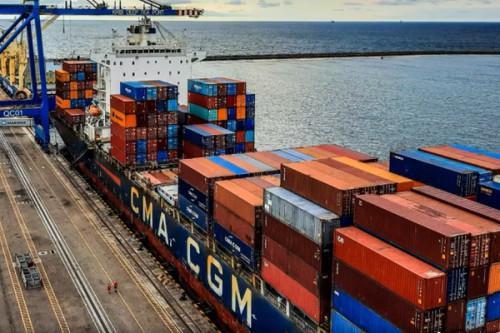As part of the African Continental Free Trade Area, a shipment of resin from Tunisia is being unloaded at the Cameroonian Port of Kribi on July 2. Inoda Industries Sarl made the first import under this preferential trade system, which officially went into effect in 2021.
The company’s public port manager stated, “The processing of the aforementioned cargo is crucial because it is a component of the Zlecaf’s test phase, which Cameroon is participating in alongside six other States.”
This experimental phase also includes Ghana, Rwanda, Kenya, Mauritius, Egypt, and Tanzania in addition to Cameroon. The unloading of this shipment, according to the PAK, will mark the beginning in Cameroon of the dismantling of customs tariffs on a product admitted under the Zlecaf regime.
Also Read: Rehabilitation of Mayo Limani Bridge in Cameroon completed
Categories of goods available in the Cargo uploaded to the Port of Kribi
These goods which are uploaded to be Port of Kribi have been classified into 3 categories. Imports intended for quick liberalization fall under Category A. It consists of 5,255 goods, or 90.01% of the tariff lines. Which will be eliminated over the course of 10 years utilizing a process known as a linear approach. Sensitive products manufactured in Cameroon are under category B. The country will liberalize 408 items, or 6.99% of its tariff lines, during a 13-year period with a 5-year moratorium.
Category C concerns the 175 products excluded from liberalisation, i.e a proportion of 2.99% of tariff lines. This category includes products like aluminum profiles, wheat and corn flour, sugar, chewing gum, candy, pasta, and fruit juices. As well as raw or refined palm oil, relaxants, soaps and shower gels, wheat and corn flour, and chewing gum.
Additionally, the plan is completely in line with the Zlecaf framework, which asks for the liberalization of 90% of tariff lines for least developed countries by 10 years and for developing countries within five years.

